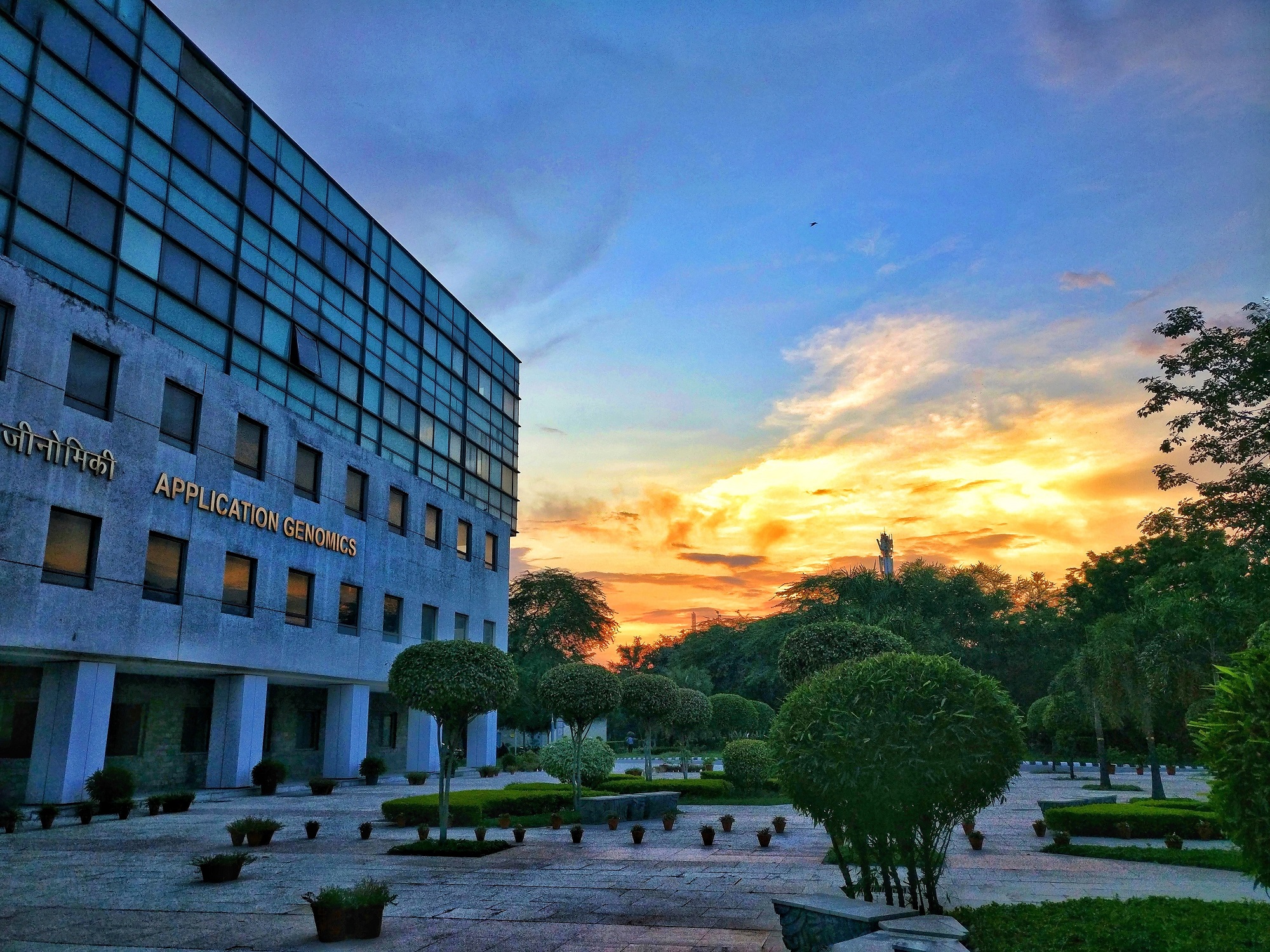Photo credit: Aastha Vatsyayan
It is funny how little we think of the time we spend doing a PhD as shaping our lives as opposed to just our careers. As anyone who has gone through the journey will tell you, it is not just a degree program: by the time you’re done with it, the title will probably not even matter. I have yet to meet a single PhD graduate whose reasons for pursuing the degree remained the same throughout and having felt absolute fulfilment by the end. But we do emerge with skills and experience (and wisdom!) that helps us perceive things so much better.
I had joined IGIB in August 2014, and till very recently my whole life revolved around its South Campus in Mathura Road, New Delhi. I graduated last year and moved to the Cedars-Sinai Medical Center in Los Angeles, where I have been working as a postdoctoral scientist almost a year now. It was quite a roller coaster ride over two years of extreme anxiety and fear of failure to finding renewed confidence and just having fun with work. And I would not trade any of my experiences. In fact, I do not miss a single chance to share them as I shall now. These are the most important lessons I learned from my PhD:
You cannot control everything.
Like in an experiment, there will always be factors that you cannot control in life. So, do not try to but also be aware of it. The best researchers are the ones who know the limitations of their experimental design. So even when you are as meticulous as you can be, try not to take your experiments too seriously. Or life, so if it does fall apart at least you can call it a day and joke about it later.
Plan to accommodate failure.
Failure is a part of research; you are always more likely to fail than succeed at anything new you try. Learn to think ahead and plan multiple scenarios. Nothing teaches you crisis management like experiments going wrong. Embrace it, till it becomes second nature to always have a plan B. When you start not taking failures personally, you naturally tend to try more new things.
Ask the right questions.
Two and two never equals four in biology; yet we can design experiments to understand the complex workings of a biological system because we are trained to formulate hypotheses that might work, despite the systemic chaos. As it is in research, learn to look through the chaos to find things that matter in life. Question and see if they hold, those are the only important things.


Snigdha Bhowmick
I am a cancer biologist at Cedars-Sinai Cancer. My field of research broadly entails understanding the tumor microenvironment of urologic cancers and their liver metastases.
I like traveling to new cities and trying new cuisines when I’m not working. Addicted to coffee, instrumental music and period dramas at all times

